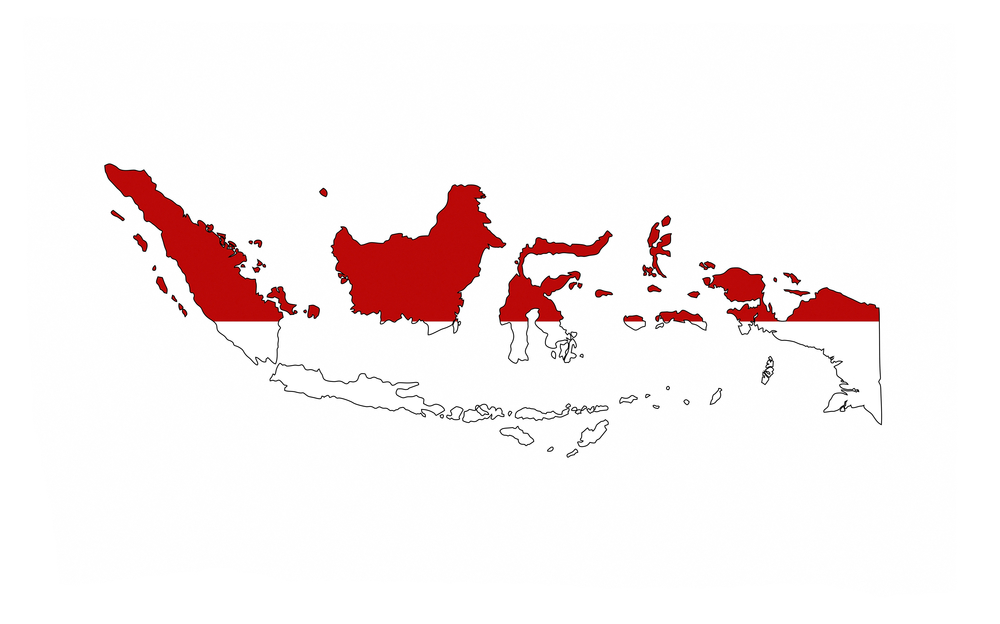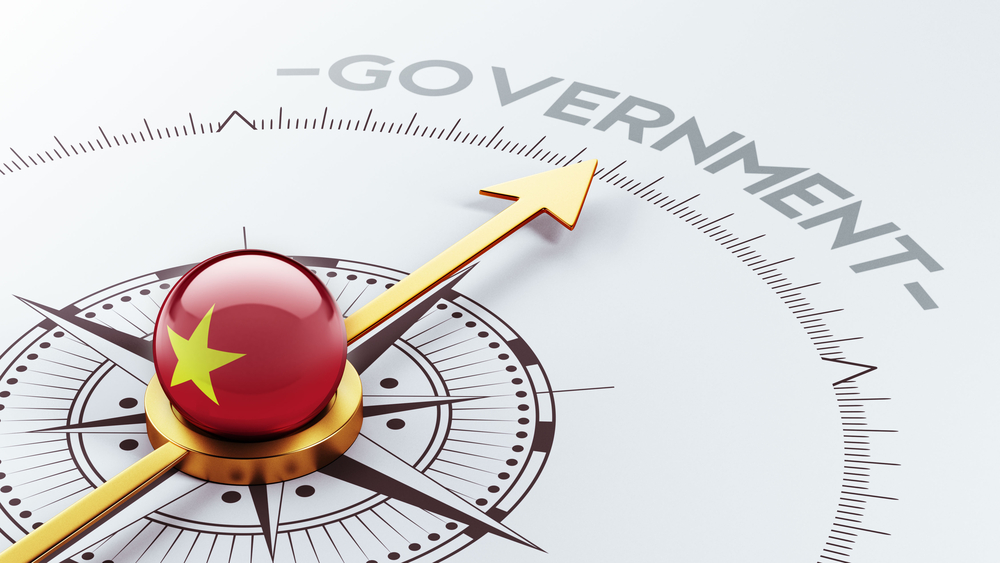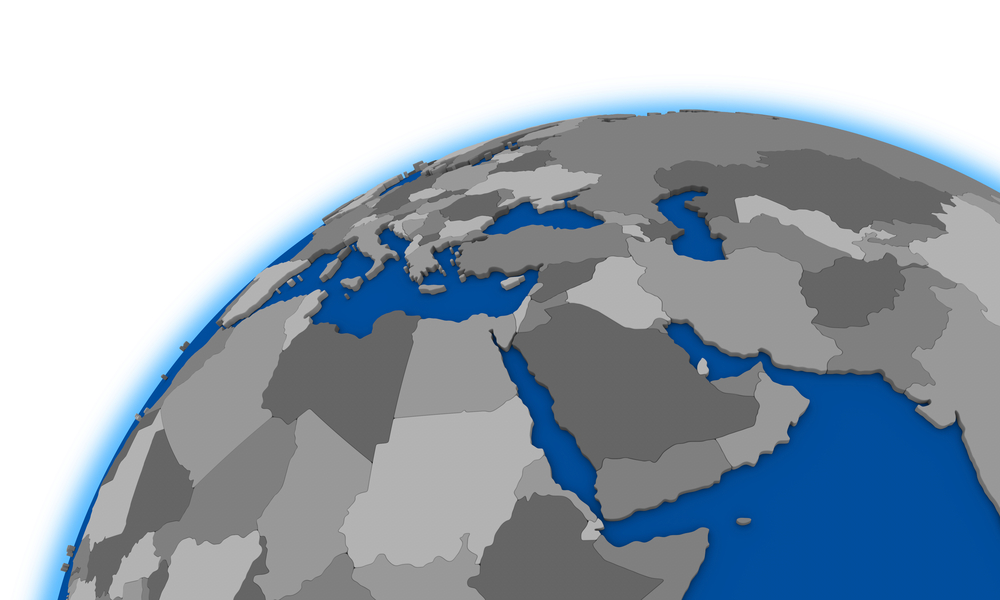Balance of Payments Out of Balance? See Errors and Omissions
Chinese markets will be closed next week for the Lunar New Year celebration. However, over the weekend, China will report its January reserve figures. The market suspects that the PBOC burnt through another $120 bln of reserves. China's reserves stood...
An Emerging Markets Status Update
1) China relaxed some rules on foreign capital flows, 2) Malaysian Prime Minister Najib is tightening his grip on power, 3) The Czech National Bank (CNB) has tilted more dovish, 4) Ukrainian Economy Minister Abromavicius resigned abruptly, throwing the ruling...
Market Focuses only One Eye on U.S. Jobs because…Recession?
The US non-farm payroll report typically dominates the first Friday a new month. In recent years, it has become among the most important economic reports globally. Not today. The US non-farm payroll report typically dominates the first Friday a new...
Joko Widodo and His Uphill Battle for Indonesia Reforms
To many, Indonesian President Joko Widodo’s (Jokowi) election represented a break with the past, as he had no ties to existing military or political elites. The new president was also different from his predecessors in other ways. He had humble...
Can Vietnam’s Leadership Offer Quality Growth?
While Vietnam’s 12th Party Congress was billed as a contest for leadership of the party between sitting party secretary Nguyen Phu Trong and sitting Prime Minister Nguyen Tan Dung, it might well be remembered as marking the beginning of a...
China’s ‘New Normal’ Economic Growth is still Strong
For China, the story for its economy in 2015 simply reinforced what was already becoming apparent through 2014. GDP growth was slowing, and the political capital the Communist Party could collect from lauding this one statistic was diminishing. Premier Li...
China’s Transformation Includes President Xi’s Middle East Tour
President Xi Jinping’s three-nation tour in the Middle East heralds a shift from US regime change to Chinese economic development. President Xi’s tour took place amid a perilous moment in the region. Saudi Arabia is struggling with the plunge of...
Despite Some Positives, Japan’s Labor Market Challenges Persist
Japan’s labour market situation is improving. The unemployment rate of 3.1 percent in October 2015 was the lowest for 20 years. In addition, although improvement has been slow, wage growth has been accelerating. However, Japan’s labour market still faces several...
Japan Takes a Massive Liquidity Bet
Instead of boosting growth, the Bank of Japan's negative interest rates will contribute to domestic fiscal deterioration, regional risks, and even global threats. About a week ago, the Bank of Japan’s (BOJ) governor Haruhiko Kuroda said to the parliament: “We...
UK to EU: “We’re In”
Prime Minister Cameron has enthusiastically embraced the EC draft proposals in response to the UK’s demands. The wires quote Cameron as saying, "I would opt in to EU membership on these good terms." The proposals presented by European Council President...
Can Australia Capture Part of the Asian Century?
In 2012, Australia’s Asian Century White Paper outlined fundamental policy and attitudinal changes that would be required if Australia was to make the most of the opportunities presented by the Asian century. Yet it has had no impact on policy...
What is Causing Thailand’s Economy to Underpeform?
No country in Southeast Asia shoots itself in the foot more than Thailand. With so much going for it, the second-largest economy in the region still manages to underperform spectacularly. Its growth trajectory is in the 2–3 percent range even...
Is India Really ‘Open for Business’?
Since becoming India’s prime minister in May 2014, Narendra Modi has sought to make the country ‘open for business’. But while there is hope that his pro-business policies — often dubbed ‘Modinomics’ — will improve economic growth, aspects of India’s...
Big Data Week in the Emerging Markets
As we suspected, the current EM bounce still has some legs. The BOJ’s surprise easing helped EM and risk end on last week on a strong note, and we expect that to carry over into this week. Within EM, we...
The Latest from the Emerging Markets
1) Korea’s Financial Services Commission will introduce a so-called “omnibus account” for foreigners investing in local stocks, 2) Malaysian Attorney General Apandi Ali closed the investigation into transfers of foreign money into Prime Minister Najib Razak’s personal bank accounts, 3)...


















